As the global economic slowdown pummels industries old and new, plastic is making a strange comeback. The COVID pandemic seemingly increased social awareness about sustainability, yet we still find ourselves purchasing a ton of single-use plastic.
Meanwhile, oil is cheaper than ever and suddenly manufacturers can produce and sell brand spanking new plastic at an unprecedented rate.
So how do we stop COVID and single-use plastic craze? What does a post-pandemic world look like for plastic?
The COVID single-use plastic problem
Ouch. This is a big hit for a sustainability movement that took decades to gain traction by wiggling itself into the mainstream. Yes, national consciousness around the environment is improving, but institutional actors still need to look beyond the shallow pocket book and narrow political stage to build a better future.
To Mr. Politician: Are you banning plastic because it sounds pretty in your reelection campaign, or is it a fundamental component of your value system? States including California and New York have already lifted bans on plastic amid the pandemic. So yes, the fight against single-use plastic is pushed aside for COVID.
Politicians can point to the effectiveness of single-use plastic in keeping citizens safe, but as the pandemic develops it is becoming increasingly clear how governors all around the country, notably Governor Cuomo of NY, gave poor direction to hospitals throughout the early days, ultimately costing thousands of lives. I don’t think a single-use plastic bag is going to be the tipping point of keeping people safe from COVID.
Making the business case for no plastic
As an earth-conscious free-market capitalist, I get it. I really do. But at what point is saving cents today devalued by an environmental disaster tomorrow? That doesn’t sound like common sense nitty gritty business talk to me. Don’t like the climate kids? Fine. Stop looking at Greta and start looking at your portfolio.
Plus, the global population is growing people. Like a lot. That means more mouths to feed and more limited resources to suck up.
Don’t worry, I’m not about to throw some depopulation rhetoric at you.
With that said, highlighting our unprecedented rates of population growth does raise some valuable questions about short-term versus long-term outlooks on what it means to lead a ‘sustainable’ lifestyle. Is sustainable living today the same as sustainable living ten years from now?
Keep in mind, a sustainable life can be replicated over and over again, for like a really long time.
COVID pushed us to the short-term
Rather than suppress the challenges of a larger global population, we must create a modern lifestyle that can be replicated again and again for twenty generations. Evidently, the COVID plastic craze reveals our inability to keep our societal eye on the ball. When times are bad, the only time is now.
Philosophically, living in the moment is a great idea, but at the same time, if we keep producing all this single-use plastic, somebody’s grandson or granddaughter at some point in the not-so-distant future will have to clean it up or build a pretty epic technology to clean it up for us.
I bow to the Promethean optimism, but let’s not sit around with our fingers crossed singing kumbaya in the meantime. It’s simply not in my American DNA to watch the world go by as we continue to demonstrate an utter lack of depth when it comes to near-term monetary gain.
For an easy to see example, look no further than the glass on your dinner table. Only 3% of the Earth’s water is freshwater. Yup, that means all life on land depends on 3% of all water on Earth to survive. Think the oil wars or pandemic crisis is ugly and divisive? Imagine a water war.
Climate vs. COVID
The human condition is often ugliest with its back against the wall, but our solution for COVID is to walk across the room and stick our glutes on another thick brick wall. What is the other wall you ask? Her name is Climate Change.
Amid this ‘make a quick buck’ short-sightedness driven by fear lies a deeper tale of people and priorities. If we can’t make a business case for eco-friendly, eco-friendly will never win.
Suddenly, the personal protective equipment market (PPE) has become an epicenter of our global economic system. The urgency propagated by fears of contagion has repressed long-term visions of the environment behind an immediate need to subdue those fears.
We are seeing a total rehashing of plastic production. It is hard to determine how this will impact the plastics industry going forward. What we can do is make critical observations about the way the world is responding to panic, and what it says about humans and the way we should be messaging the sustainability movement.
Panic, pandemic and science
When people are desperate, we search for solutions that soothe our desperation. It seems humans are only as behaved as their situation suggests. As the Joker said in Dark Night, “they’re only as good as the world allows them to be… When the chips are down these civilized people? They’ll eat each other. See I’m not a monster. I’m just ahead of the curve.” Though an extreme example from a fictional character, it’s an insight into how sustainability must mitigate the negative effects of fear and panic.
If climate scientists are right about the level of disruption our society will face from climate change in the latter half of the 21st century, then we need to ensure that we are messaging the movement properly before the panic kicks in. We know that panic makes people focus on the now. As we all know, that end-of-the-world fear is almost always an overreaction in retrospect. But people will still treat the world like its waste bucket, assuming that this time is always different until it ends up being the same, Future generations will face the consequences and cope with the outcomes.
The world will live past 2020
2020 presents a similar crossroads. If we don’t prioritize and take note of the damage caused by our thick-headed, living-in-the-moment behavior, it will take decades, if not an entire reconstruction of society, to unravel the consequences and build us back up again. That was true before coronavirus, and any steps backward make the light at the end of the tunnel harder to see.
Yes, PPE is important. Yes, oil is cheap. And for now, it makes good business sense to produce plastic because it is cheaper. A savvy businessman can produce more supply at a lower price. Yes, I know your business may be struggling and you need to save every dollar possible to make ends meet. But, if you are in any way, shape or form invested in the long-term well-being of this planet and/or your business, you must take a deeper look at our business models, processes, and impacts to determine whether it is hurting or helping the big blue-green planet and its constituents.
The single-use plastic COVID craze teaches us what not to do, but it also teaches us how we can do it better; a smarter today built for a smarter, healthier tomorrow.
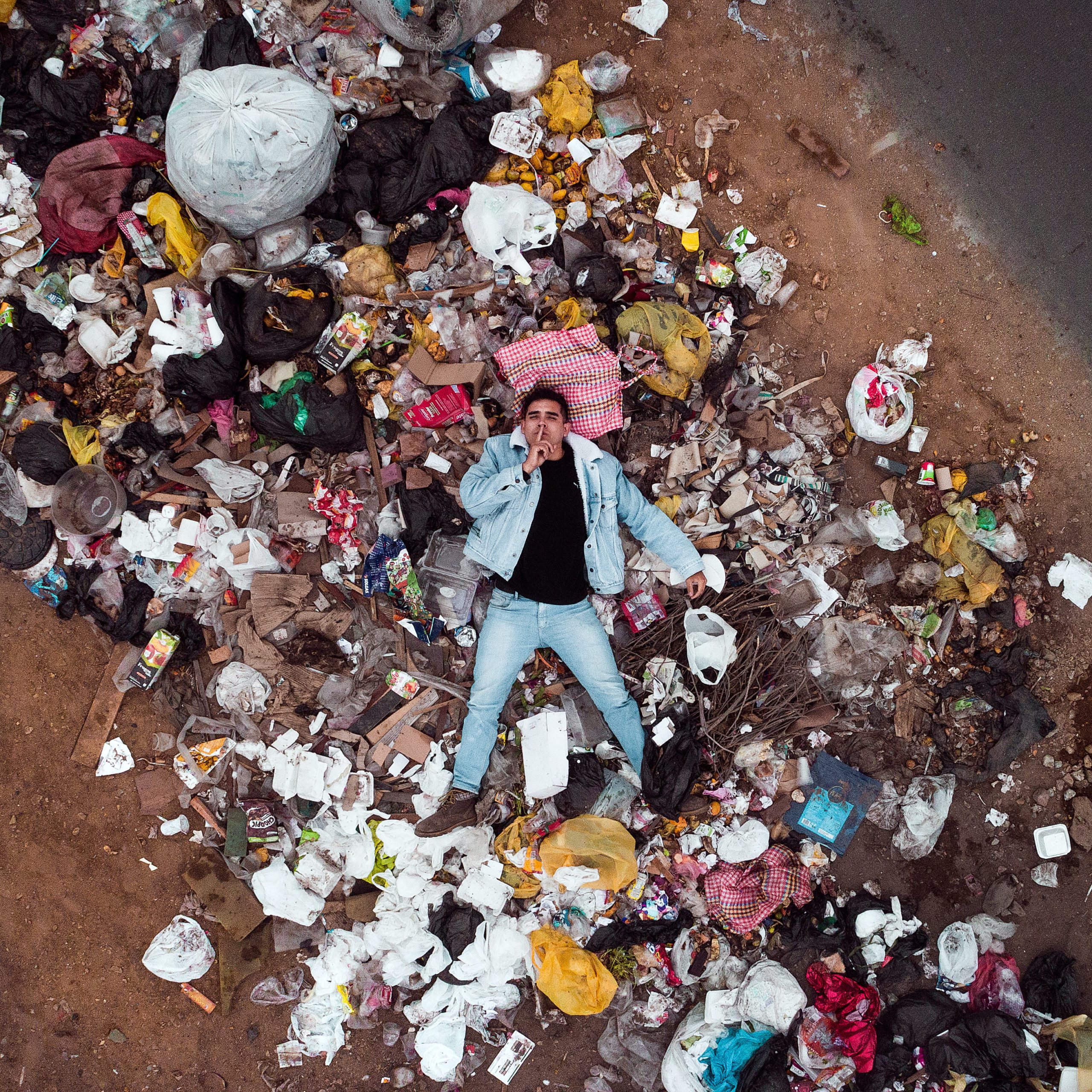

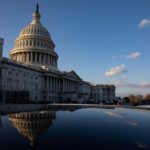
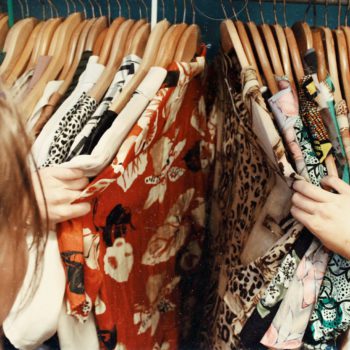
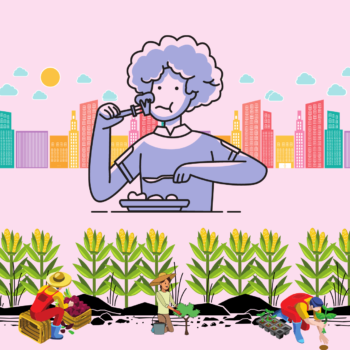
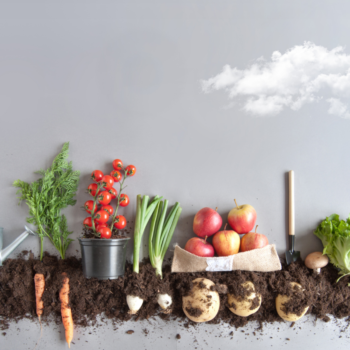
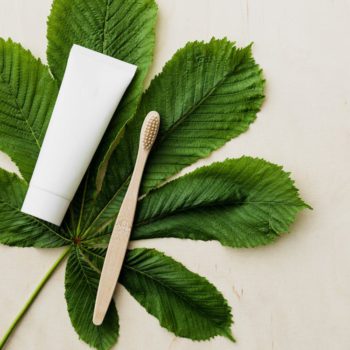
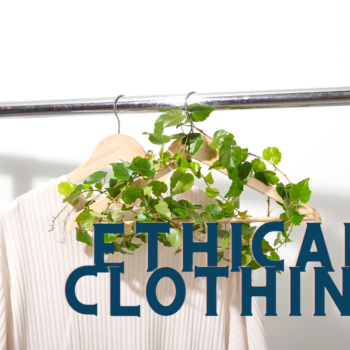
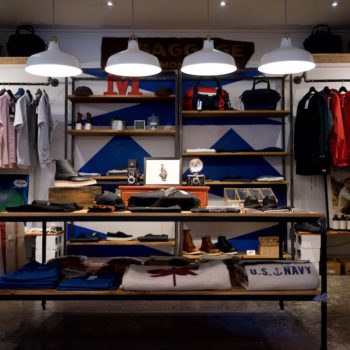
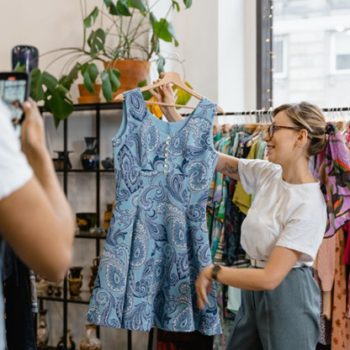



No Comments